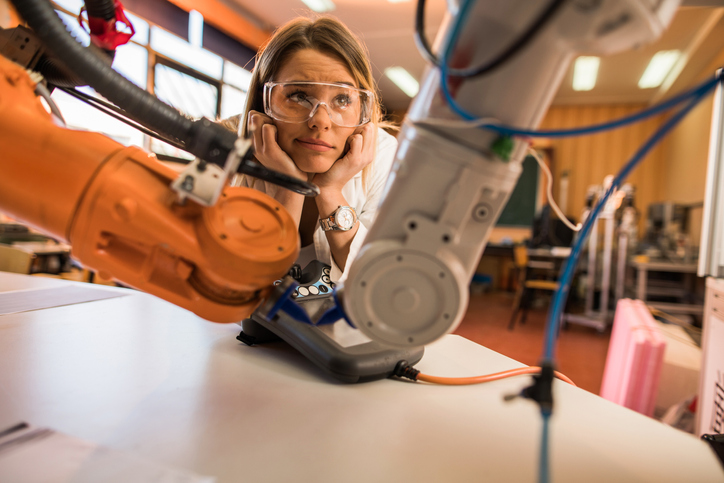The question of whether universities are successfully nurturing robotics startups has been circulating within the academic and entrepreneurial communities for quite some time. Many professionals and researchers affirmatively respond with a resounding “no,” highlighting a significant gap in commercialization efforts for groundbreaking technologies. As the world stands on the precipice of a robotic revolution, it’s vital to examine how higher education institutions are evolving (or lack thereof) to meet the needs of aspiring entrepreneurs in the field of robotics.
The Disconnect Between Research and Real-World Applications
Universities traditionally prioritize the advancement of scientific knowledge and technological innovation, often neglecting the commercial potential of their discoveries. This disconnect can be disheartening, especially considering that early-stage startups can accelerate knowledge transfer from the lab to society. The challenges faced are multifaceted:
- Focus on Research Awards: Academics are understandably focused on publications, grants, and contributing to the scientific community, leading to a neglect of potential commercial pathways.
- Lack of Infrastructure: The absence of robust entrepreneurial ecosystems and venture capital funding deters many from pursuing their ideas beyond the academic stage.
- Awareness Gaps: Many students remain unaware of the opportunities available in the startup ecosystem, limiting their ambition to pursue entrepreneurship.
Progressive Initiatives at Leading Institutions
Despite these challenges, there are signs of a shift occurring within some of the best research institutes. For instance, institutions like MIT and Carnegie Mellon University are leading the charge in fostering startup culture among robotics students. According to MIT’s Daniela Rus, the existence of multiple incubator and accelerator programs demonstrates a commitment to closing the gap between research and entrepreneurship. However, there is still vast territory to cover.
Matthew Johnson-Roberson, Co-Founder of Refraction AI, echoed similar sentiments about the ongoing challenges. He stated, “Universities aim to facilitate students pursuing their dreams, but there remains a significant discrepancy between fostering an idea and developing a Minimal Viable Product (MVP).” This bridge—transferring academic research into deployable technology—requires resources, funding, and energy, and it’s here that educational institutions must strive to do better.
Bridging the Gap: What is Needed?
To truly harness the potential of upcoming robotics innovators, institutions should consider the following strategies:
- Bridge Funding: Providing students with financial support resources to develop their research into workable prototypes is vital to fostering startup growth.
- Interdisciplinary Collaboration: Encouraging cooperation between departments can lead to innovative solutions and create an entrepreneurial mindset across various fields.
- Real-World Experience: Incorporating hands-on learning experiences through internships and partnerships with industries can better prepare students for the demands of the startup world.
Looking Ahead: A Collective Journey towards Innovation
While the gap between research and real-world application is narrowing, there is still much work to be done. The ongoing discussion about the potential of robotics and the need for proactive steps by universities reflects the greater societal shift towards innovation. As students become more cognizant of the startup ecosystem, educational institutions must likewise evolve to equip them with the tools and knowledge necessary for success in the entrepreneurial arena.
At fxis.ai, we believe that such advancements are crucial for the future of AI, as they enable more comprehensive and effective solutions. Our team is continually exploring new methodologies to push the envelope in artificial intelligence, ensuring that our clients benefit from the latest technological innovations.
Conclusion
In summary, universities play a critical role in shaping the future of robotics startups. While strides are being made, the journey from academia to entrepreneurship requires dedication, resources, and a commitment to fostering innovation. Only through collaborative efforts can we pave the way for a vibrant ecosystem where students can transform their groundbreaking ideas into reality. For more insights, updates, or to collaborate on AI development projects, stay connected with fxis.ai.

